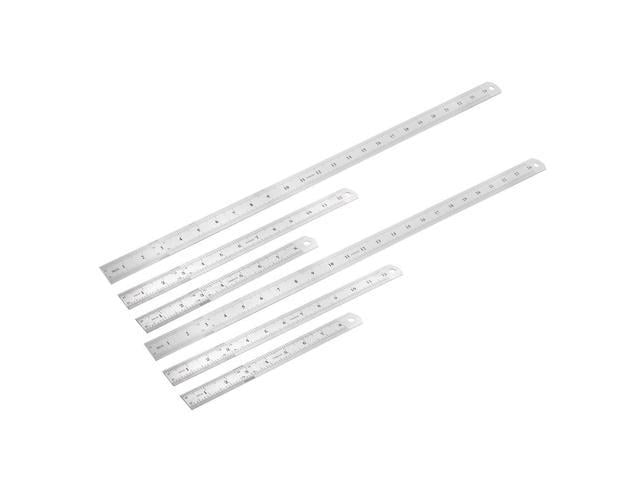Excerpt from The Colonnade, Vol. 4: January, 1942
We drank in every word the other said that afternoon, darling, as if time were passing too quickly for us, and as if we couldn’t catch up with what we had missed in not knowing each other before. I had never talked so earnestly or so freely. My voice went on and on. For the first time, I opened the door to my real self, and slipped from the disguises of sophistication and brusqueness. I wrote my chemistry formulas for you on a paper napkin and told you how great a part of me my labora tory had become.
Nancy, I murmured as I called your attention to the formula in pencil on the crinkled napkin, these letters and you symbolize my whole future. Dr. James thinks that in this formula, I can make a discovery that will be quite beneficial to American industries, but it means hours of research, experiment, nights without sleep, and days of constant study.
At this you expressed concern. You knew that I must keep myself in good phys ical condition if I were to endure the strain of long hours spent in the lab. I promised you that I would keep fit, and that I wouldn’t drink again.
I worked hard after that. Each day I went as much as I could and stayed as long as-my eyes were open and my hands were steady. Sometimes, I would fall asleep over the test tubes. I couldn’t have done it with out you, Nancy; for you believed in me, and I didn’t want to fail you.
About the Publisher
Forgotten Books publishes hundreds of thousands of rare and classic books. Find more at www.forgottenbooks.com
This book is a reproduction of an important historical work. Forgotten Books uses state-of-the-art technology to digitally reconstruct the work, preserving the original format whilst repairing imperfections present in the aged copy. In rare cases, an imperfection in the original, such as a blemish or missing page, may be replicated in our edition. We do, however, repair the vast majority of imperfections successfully; any imperfections that remain are intentionally left to preserve the state of such historical works.















